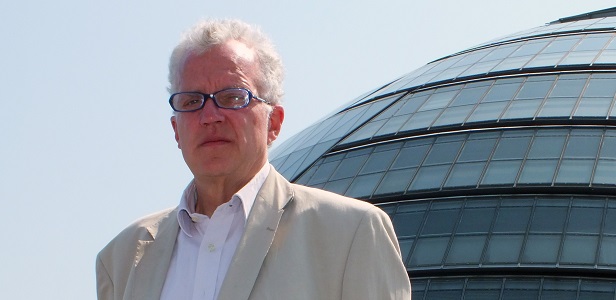An article on an American website asked a question which has long intrigued me: why does the Right favour roads given they require a massive subsidy from the state as well as the direct intervention of government in order to be built, and yet is suspicious of public transport spending? The article, by Alex Marshall, at http://www.governing.com/articles/0804trans.htm argues that building roads is a manifestation of state power and that they require some $150bn of state funding annually, enough to wage a war on Iraq.
Marshall points out that a whole host of right wing think tanks in the US lobby strongly for increased spending on roads, while simultaneously trying to kill off public transport systems, arguing they are inefficent and expensive. In trying to work out why the Right He asks a leading lobbyist, Robert Poole, why his Reason Foundation supports roads given its general dislike of government involvement. Poole is completely flummoxed: “I’d never thought about it that way”, he says, and is unable to give a coherent answer, arguing that they are not anarchists seeking to allow anyone to build competing roads everywhere.
I remember asking pretty much the same question of Digby Jones at a press conference when he was head of the CBI. I questioned why the CBI was always asking for more money to be spent on transport when generally it was constantly lobbying for reduced government spending.Much to my pleasure, he totally lost his rag and spoke for 10 minutes without really answering the question. There is indeed a contradiction. As Marshall points out, ‘our national road system would never have been built if every street were required to pay for itself’.
Indeed, one could argue that many small country roads are totally uneconomic by any criteria and should be closed down, in the same way that railway branch lines should be shut. Or they should be allowed to decline with no maintenance, leading to the imposition of 20 MPH speed limits, as happens on little used parts of the railways.
More widely, though, Marshall raised a fundamental point. What is it about roads that attracts the Right? Surely they must, by now, realise that the freedom afforded by the car is illusory, since, as usage rises, the extra societal costs of more people getting on to the road outweigh by far the benefits. And the simplistic view that roadbuilding is the answer has been widely discredited. There is a gaping intellectual gap in the Right’s thinking which environmentalists and public transport supporters should be more adept at exploiting.
